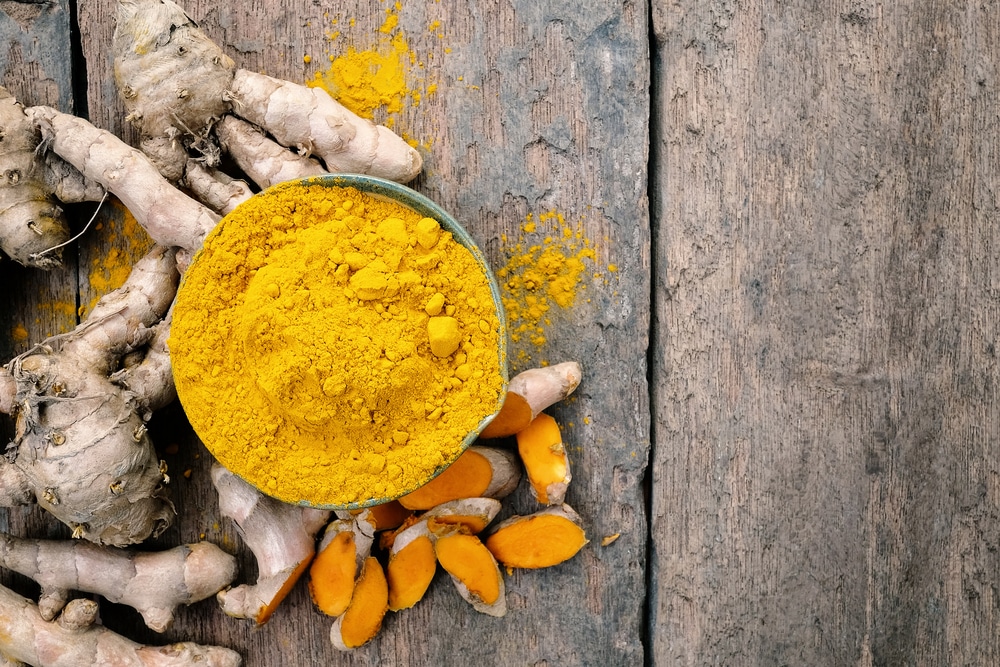It is a vicious circle: in the course of diabetes, we lose protection against dangerous free radicals. However, curcuma can assist in the protection against radical antioxidants.
Too Few Radical Scavengers in the Body
If our body can no longer sufficiently catch harmful free radicals, we suffer from oxidative stress. The most important “interceptors” against these troublemakers? These are antioxidants such as vitamins C and E or certain plant substances such as the ingredients of green tea. These can reduce the greatly increased oxidative stress that builds up in diabetes.
Not All Antioxidants Are Equal
Today, however, we know that not every antioxidant has the same effect. This is one reason why the search continues for alternatives to the “classic” radical scavengers. In new studies, the focus is therefore on turmeric, botanically curcuma longa or curcuma for short. The natural substances contained in the plant, especially curcumin, have long made a name for themselves in nutritional medicine thanks to their broad spectrum of effects. Further information about curcuma can be found here.
Curcuma and Black Pepper as a Potent Duo?
A 3-month treatment with curcuma reduced the oxidative stress of diabetics by 22%.
Iranian researchers at the University of Tehran and an international team have now investigated the therapeutic potential of curcuma. They administered 118 diabetics 1,000 mg curcumin or a placebo daily for three months.
In order to increase bioavailability of curcumin in its pure form, they also used 10 mg piperine – an extract of black pepper – in the curcuma group, which made curcumin more readily available in the body.
The result: oxidative stress in the curcuma group was reduced by 22 percent. In the placebo group, it remained high.
In addition, the activity of the antioxidative enzyme superoxide dismutase – particularly important for degrading highly reactive oxygen radicals – increased by 11 percent. The total antioxidant capacity even increased by 21 percent. For comparison: The two values worsened in the placebo group by twelve and 17 percent, respectively. Curcumin in combination with black pepper could therefore be an interesting and above all safe counter measure for diabetics.
As is so often the case, we can look forward to confirming and deepening these and other study results, especially in even larger studies. Once again it proves how many different applications are still possible with the power-root curcuma. Its use as an antidepressant, against chronic inflammatory intestinal diseases or studies on its cancer-inhibiting effect should be mentioned.



